'Letters from Iwo Jima' Film comments and picspam
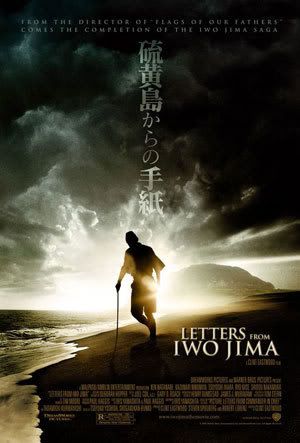
I saw Letters from Iwo Jima tonight and I loved it. [Here is a link to the Japanese site] It was such a beautiful, beautiful film that sensitively portrayed the Japanese efforts to hold Iwo Jima in WWII. I LOVE that Clint Eastwood made a film starring all Japanese actors in the Japanese language.
I don't know what to say about the film to convince you to go see it, but please, GO SEE IT. It's powerful and moving and emotional and has so much to tell us about the inner lives of these soldiers and about the culture from which they come. One of the things I was most looking forward to was the performance of Kazunari Ninomiya (Nino) of the Johnny's Entertainment boyband Arashi. Nino was AMAZING. He was the emotional narrator, the heart of the film. I couldn't believe how good he was and how perfectly he played Saigo, a young baker conscripted into military service. His journey was one of innocence shattered by war. He has a line in the film that was so poignant: "You have not lived enough to know what you are sacrificing" (paraphrased) that was SO TRUE and so sad to hear from his character - his youth was apparent, and yet he had lived so much in such a short time, and had so much to lose in a futile fight.
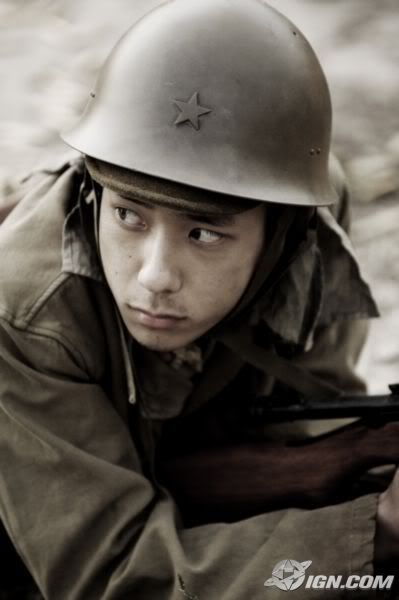
Nino as Saigo
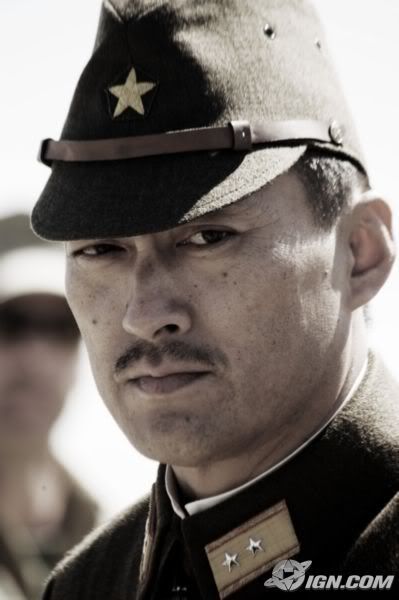
Ken Watanabe as General Kuribayashi
Ken Watanabe gave an also-excellent performance as General Kuribayashi. My other favorite character was Lt. Col. Nishi played by Ihara Tsuyoshi. His fate broke my heart. I LOVED his scenes so much! The horse! The American soldier ("Do you know Mary Pickford and Douglas Fairbanks?" "Yes." "They're my friends" =LOVE). The blindfold. Gah! He was awesome.
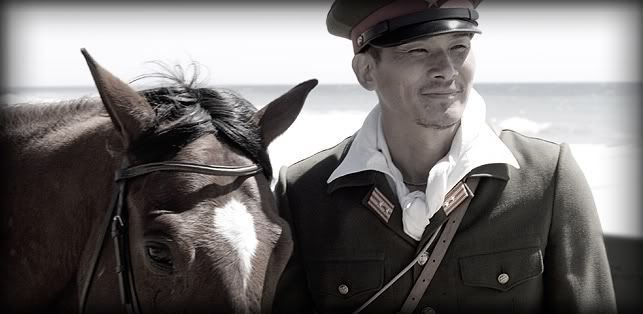
Ihara Tsuyoshi as Lt. Col. Nishi
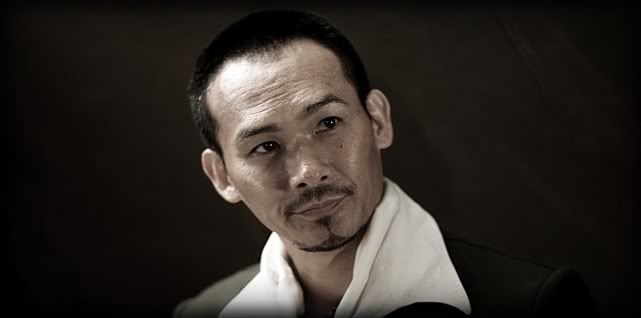
Lt. Col. Nishi
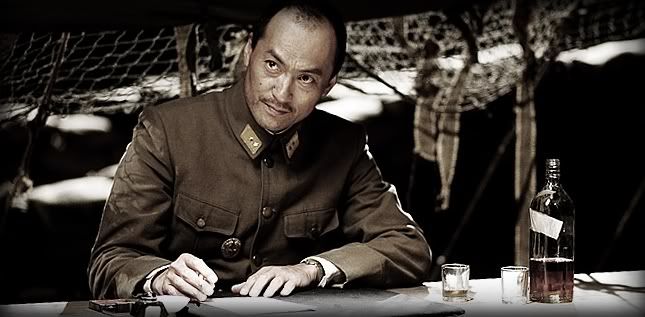
General Kuribayashi
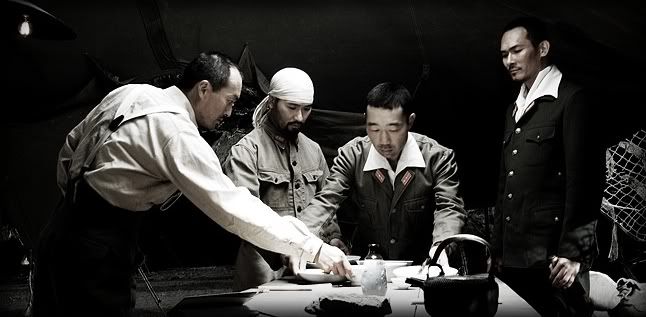
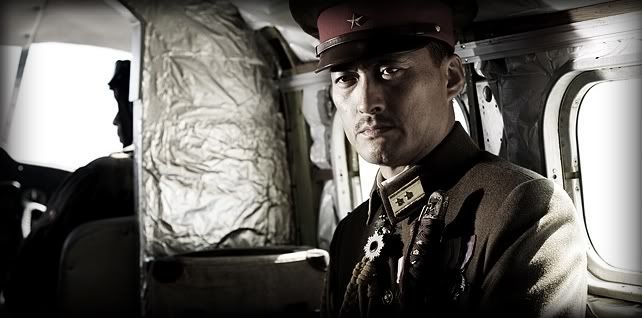
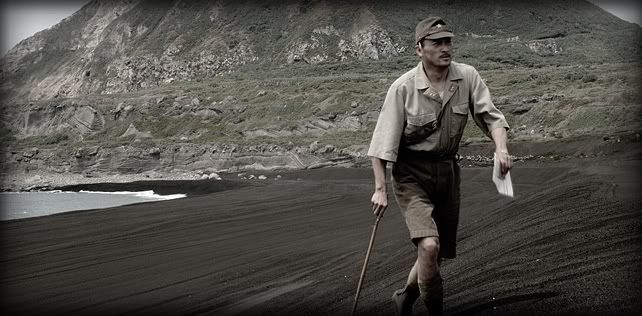

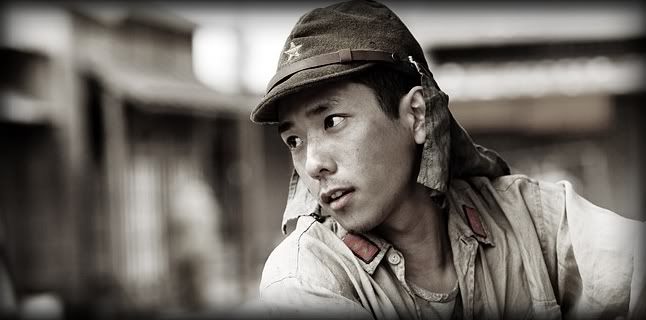
Nino as Saigo
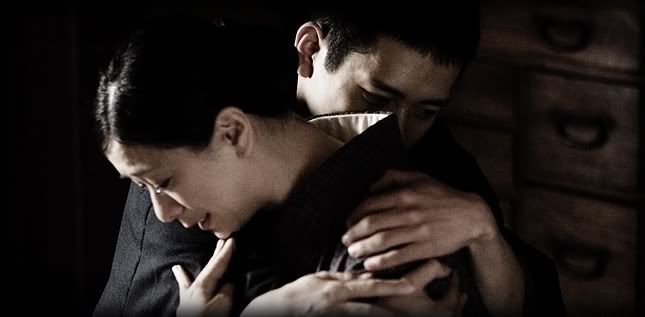
Saigo and his wife
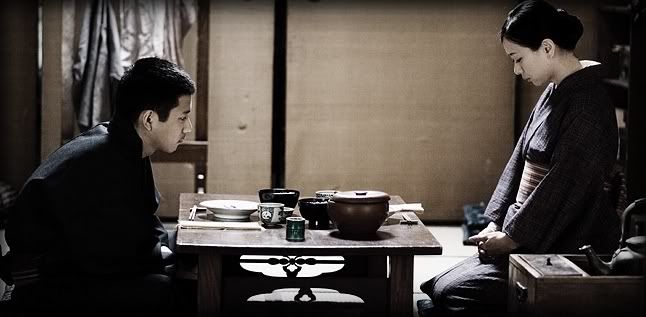
More Saigo and his wife
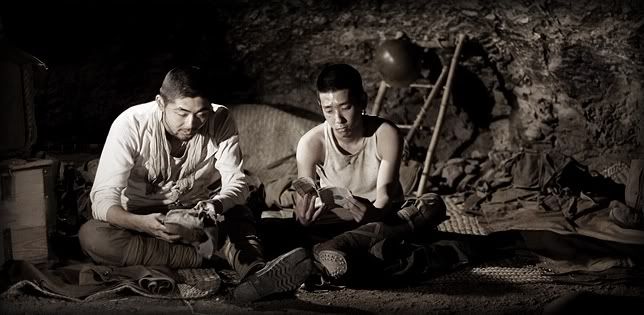
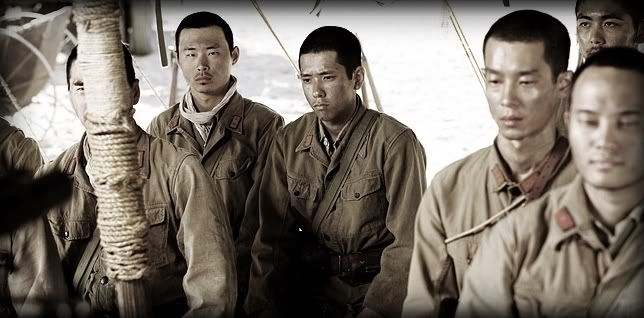
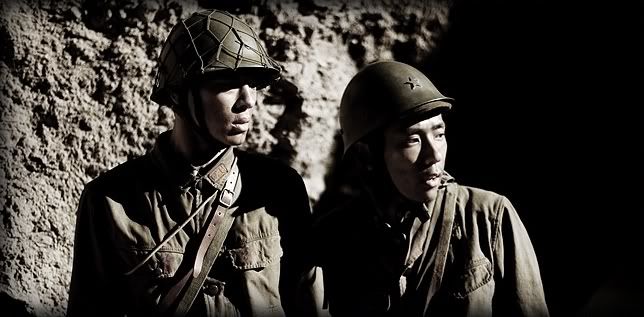
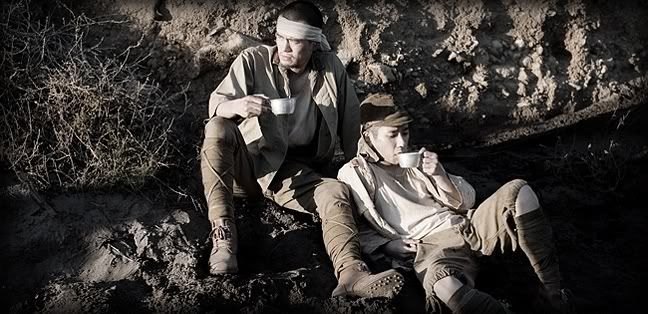
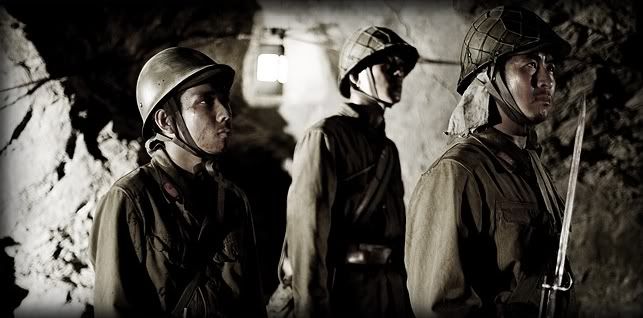
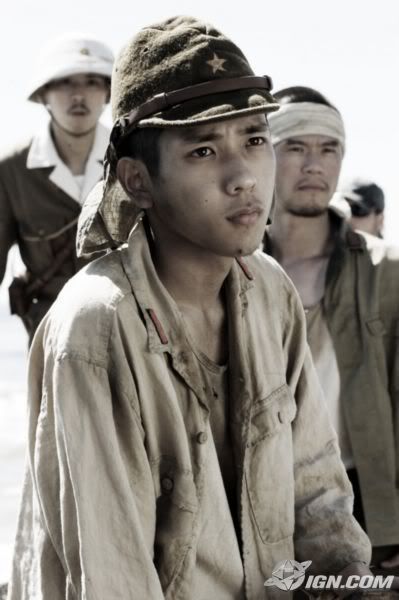
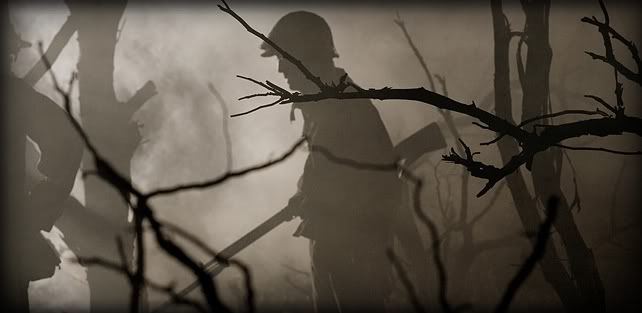
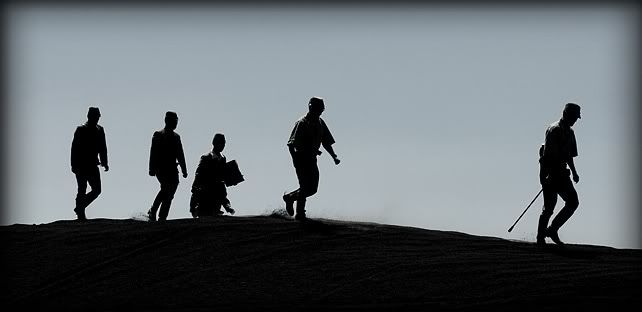
Some of the things that I liked about this film were how human it was, how it shared the hopes and internal conflicts of its characters, what it told us about Japanese culture and about Japanese ideas of honorable death and duty, the despair of defeat, and also about the futility in following orders, any orders, without thinking for oneself.
The cinematography is stark and spare, the music minimal and unobtrusive and I like the immediacy provided by much of the hand-held camera work. The battle scenes were very intense, but I found the suicides far worse.
I cried when the mainland headquarters broadcast a song for General Kuribayashi and his men sung by a childrens' choir over the radio. It was one of the most heartbreaking scenes in the entire film, especially when you pay attention to the lyrics.
I also LOVED being able to hear Japanese in a feature film in a movie theater, and I was pleased that I could recognize many unsubtitled words that filled out scenes - these often took the form of polite pleasantries between characters that are staples in Japanese conversation or the villagers telling soldiers to "work/try hard" when they marched through town. I've said before that I really love the sound of the Japanese language, and I let it wash over me during the film and happily soaked up the little bits and pieces I recognized both of language and culture.
Here is a review that I liked, but this film has received many good reviews, and has been nominated for a Best Picture Academy Award.
For anyone interested in more discussion, please see this thread at alexandral's LJ.